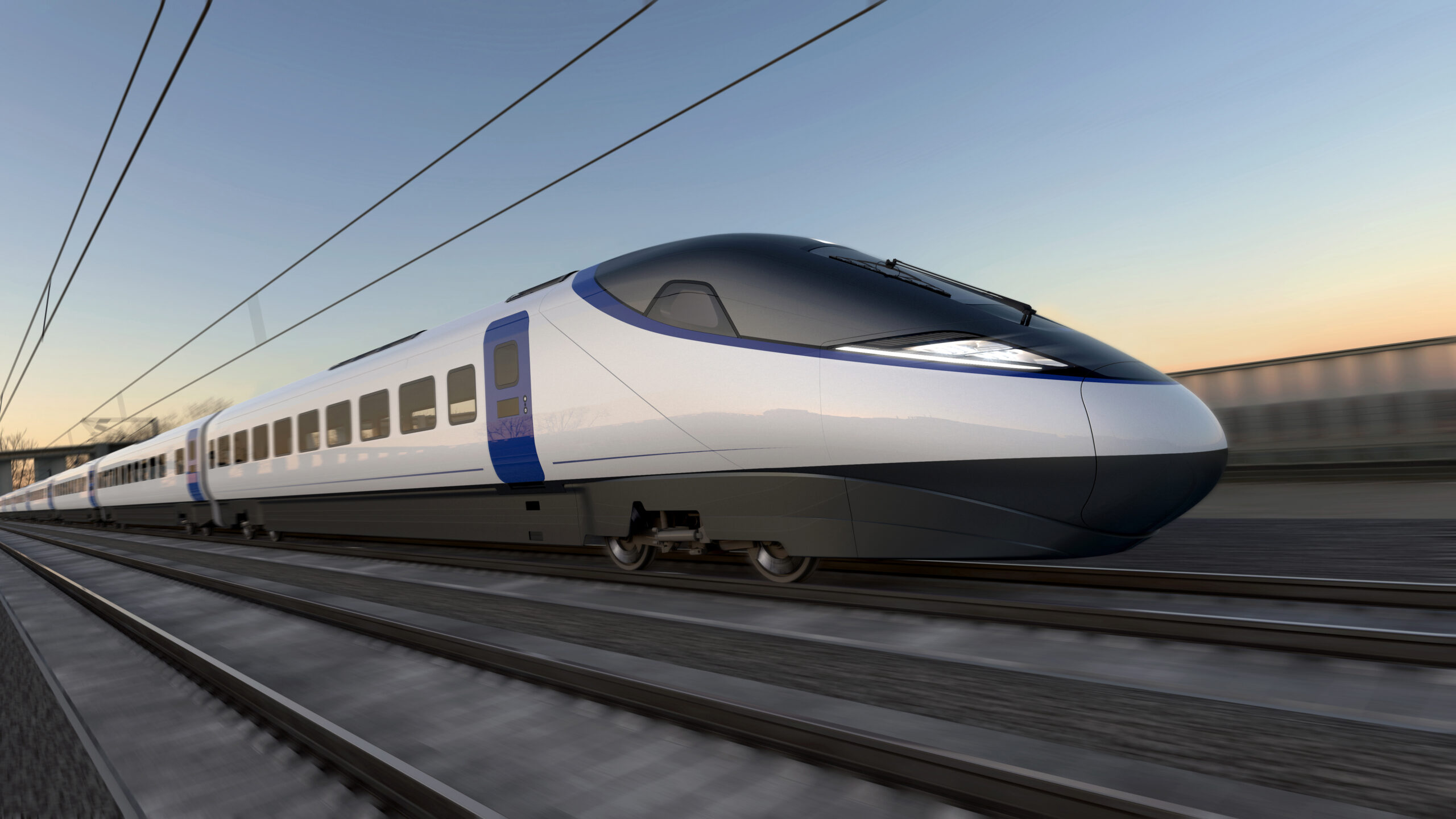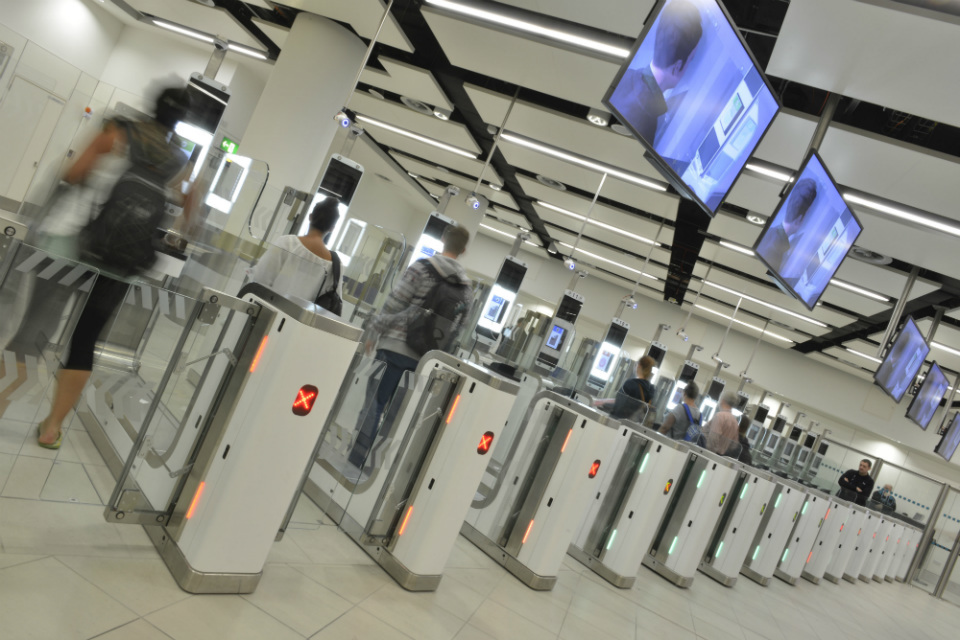The public body responsible for delivering the UK’s high speed rail infrastructure is assessing the commercial impact of the recent announcement that the programme of work is being significantly curtailed
HS2 Ltd is working with suppliers to analyse the impact of last week’s cancellation of phase two of the high-speed rail link – having already signed hundreds of millions of pounds’ worth of contracts to make it happen, including major technology deals.
In the last seven months alone, the Department for Transport-owned company has signed contracts and framework agreements worth upwards of £600m relating to construction of the now-scrapped parts of the project.
It is expected to make a statement to parliament in the coming weeks about the implications for its supply chain and budget of Rishi Sunak’s announcement that plans to extend HS2 to Manchester and the East Midlands will not go ahead.
A framework agreement signed in August, between HS2 Ltd and Chicago-based software company SAI360, is worth up to £82.5m. Under the Railway Systems and Systems Integrator agreement, SAI360 was to support the integration of HS2 with other rail systems and programmes, including Northern Powerhouse Rail.
The government company has also signed off on £300m worth of framework agreements for groundwork investigation along the phase-two route in September – a month before Rishi Sunak put an abrupt end to the project, which would have extended the high-speed rail link to Manchester.
Related content
- HS2 signs £10m IT partner
- HS2 tech systems will ‘still be state of the art’ in mid-2030s, minister claim
- HS2 signs £280k software deals for social media and political monitoring
An £85m framework agreement went to the US-based infrastructure consulting firm AECOM Ltd to conduct ground investigations for phase two over the next eight years.
A second lot, worth up to £215m, was split between eight contractors: BAM Ritchies, Fugro GeoServices Ltd, Geotechnical Engineering Ltd, RPS Group Ltd, SOCOTEC UK Ltd, Soil Engineering Geoservices Ltd, Strata Geotechnics and Structural Soils Ltd.
Both agreements were signed on 7 September and were set to run until 2031. The agreements set out terms and conditions for future contracts, up to the total agreed value.
It is unclear whether any money has yet been spent through these deals. As they are framework agreements rather than contracts, it is likely that HS2 Ltd can avoid spending most of their stated value.
In March, HS2 Ltd awarded three contracts worth a total of £210m to Voestalpine Turnout Technology UK Ltd related to the design, manufacture, delivery and provision of technical support for switches and crossings for phase one and 2a of the project, with an option to extend to phase 2b.
Under the first contract, worth £6.2m, the company is designing switches and crossings (S&C) units, which enable trains to cross and switch between sections of track. The second is a framework agreement worth up to £204m for the detailed design, manufacture and supply of units over the next 12 years.
The third, with an as-yet unspecified value, is to provide technical support to the equipment.
A DfT spokesperson said HS2 Ltd is engaging with its supply chain to examine the impacts of last week’s announcement and will provide further details in an update to parliament.
The news comes shortly after the public body kicked off another £100m procurement process related to the installation of key software safety systems to manage the dispatch of trains. The contract notice set – published just hours before Sunak announced the curtailment of the project – set out a requirement for installation at all stations up to Manchester.
Department spent £850m on delivering HS2 legislation
While the bulk of spending on the high-speed rail link has been via HS2 Ltd, DfT has also spent significant funds laying the groundwork for the project.
In May, DfT signed a contract worth up to £850m with the law firm Winckworth Sherwood LLP in May to support the delivery of legislation needed to deliver phase 1 and 2a of HS2 – the latter of which was scrapped last week.
The firm was tasked with a range of activities to support the implementation of the High Speed Rail (London-West Midlands) Act 2017 and the High Speed Rail (West Midlands to Crewe) Act 2021 over a three-year period.
The firm was contracted to help to complete “a small number of outstanding complex agreements with stakeholders”; monitor compliance with some 6,000 commitments, known as undertakings and assurances, made by the transport secretary during the bills’ passage through parliament; and drafting orders, directions, decision letters and guidance documents.
An opportunity to provide similar services for the High Speed Rail (Crewe – Manchester) bill is still being advertised. The notice, published in September, said officials planned to meet potential suppliers this month “to inform the DfT’s decisions on market capability to deliver legal services” for the bill.




